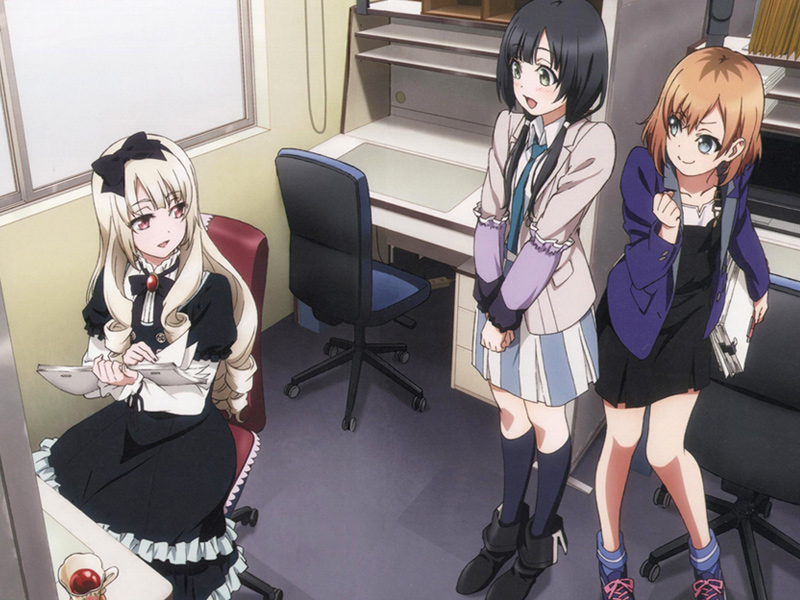
Hello to all J-List readers. I’m rushing this update so I can get down to Tokyo early, because my son and I are going to see a certain Avengers movie. Hope everyone has a great weekend!
Japan is about to begin its Golden Week holidays, which started out as a collection of holidays that happened to fall near each other, such as the old Showa Emperor’s birthday and Constitution Memorial Day. Movie theatres realized this was a great marketing opportunity, and they started promoting “Golden Week” as the perfect time to take the family out to see a movie. Most Japanese use the long holidays to travel abroad (if you see a ton of Japanese tourists this week, you’ll know why), or to return home and visit their parents. But this year is special: it’s a “Monster Golden Week” that’s two days longer than normal due to the Imperial Era changeover from Heisei to Reiwa. It’s actually a problem for companies like J-List, since most of our suppliers will be closed down for the entire 10 days and all banks will be closed. (Don’t worry, we’ve built up tons of extra stock of our popular products.)
It’s interesting to look at work life in Japan and compare it to other countries. Obviously the Japanese work a lot, which is in part due to expectations of the ganbarimasu! (“I will do my best!”) work culture here, but also willingly provided by workers, who actually like to work and build their company’s future success, and receive a piece of it. But things have changed quite a bit in recent decades. The Japanese currently enjoy 17 national holidays each year, compared with around 12 in the UK and Germany and 13 in the U.S. (These numbers vary quite a lot by region.) As I discussed in my post answering questions about work culture in Japan, the Japanese government does a good job of setting fair work standards, and even has a new policy called 働き方改革 (Work Style Reform) in which companies will face fines if workers don’t take a reasonable amount of paid time off. Another big change in Japan’s work culture has been the freeing of Saturdays. When I came to Japan in 1991, I was surprised to see most employees going off to their jobs on Saturdays to work, but this practice has completely disappeared, along with Saturday school attendance by students in public schools.
Compare this with China, which has a culture of “996,” which means working from 9 am to 9 pm six days a week, which is a standard practice among many Chinese tech companies like Huawei and Alibaba. This kind of excessive importance placed on work above everything else was certainly a part of Japan during its high-growth phase of the 70s and 80s, but as Japan has matured, it was dialed back to something a lot more reasonable. As China’s growth normalizes in the coming decades, I’m sure it will also embrace a more reasonable work-life balance.
What do you think about Japan’s work culture? Got any topics you’d like to see us write about here? Tell us on Twitter!
We’ve got a unique sale this weekend for you all: the Last One Left sale, giving an instant discount on all products that are almost sold out, from anime figures to ‘ero toys’ and everything in between. browse the Last One Left sale products here!
















